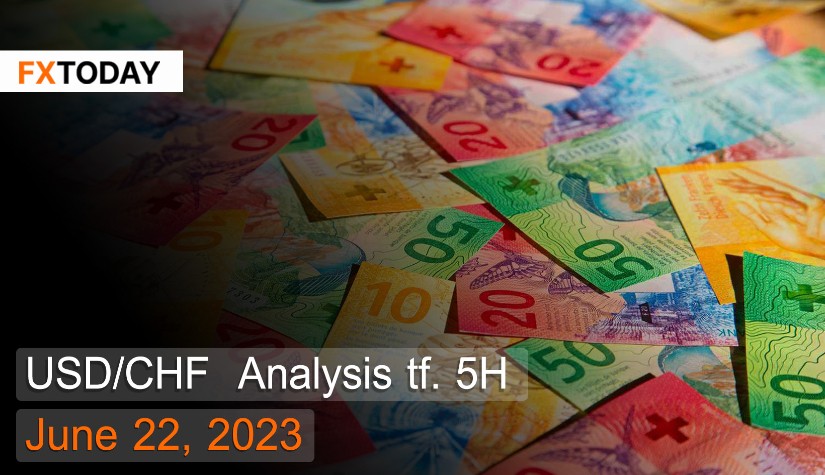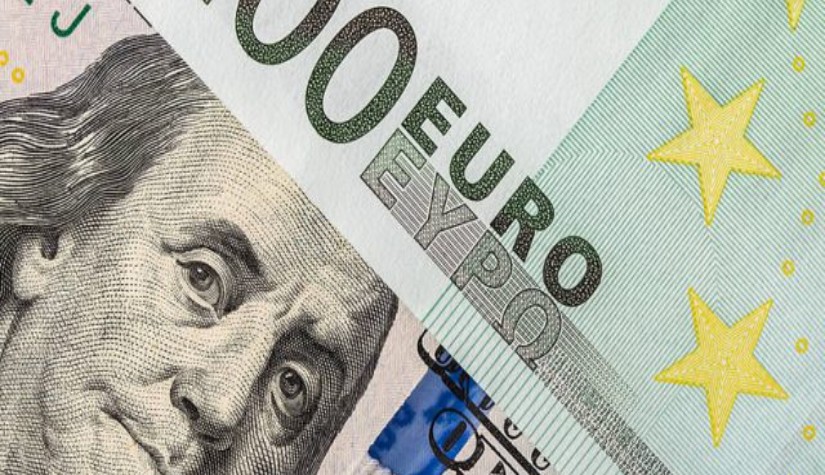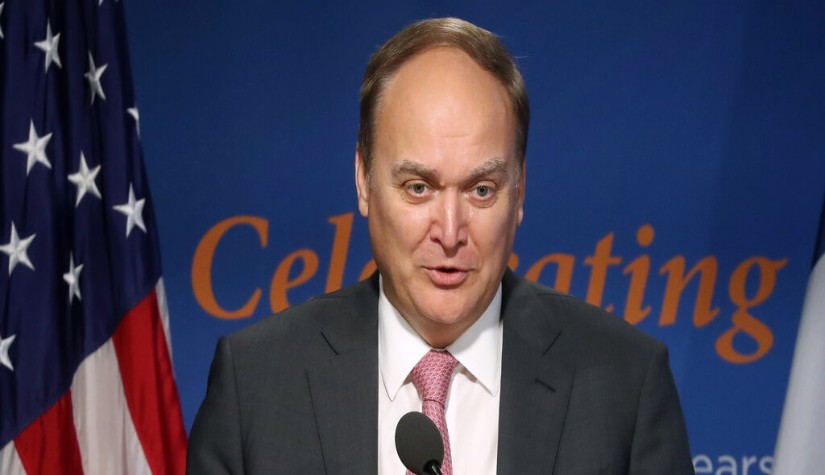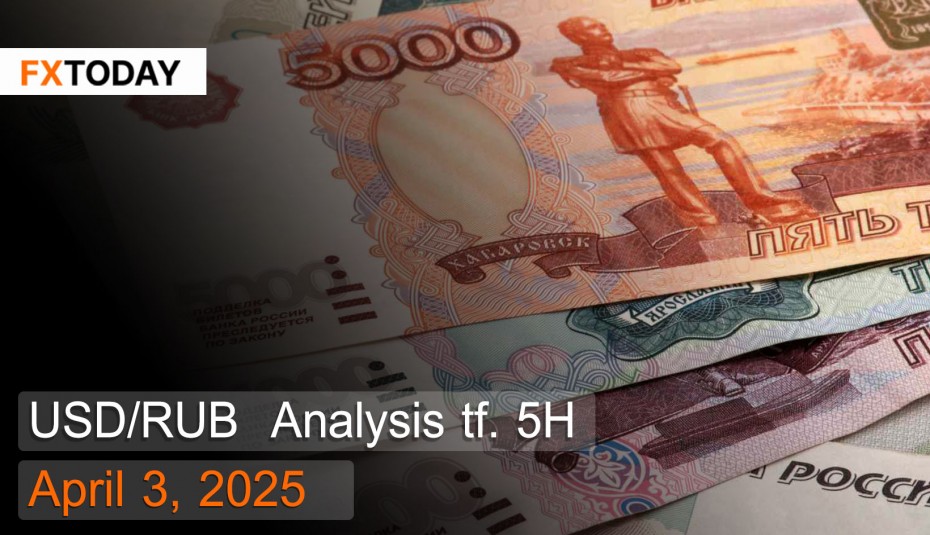Switzerland's inflation remains high.
The country's domestic economy has shown a positive and consistent trend. In the first quarter, Switzerland's GDP grew by 0.3%, exceeding the expected 0.1% growth rate. Additionally, Switzerland's trade balance revealed a significant surplus of 4.3 billion Swiss francs in May, far surpassing expectations. However, despite the impressive growth in GDP and trade balance, there are still other economic indicators that remain weak.
The Purchasing Managers' Index (PMI) in Switzerland's manufacturing sector has significantly declined, reaching its lowest point in three years. It has experienced continuous decreases for five consecutive months and stood at 42.3 in May. The decline in PMI can be attributed to a sustained contraction in factory activities. Conversely, the PMI for the services sector has shown an increase, indicating relative stability within the domestic service industry.
Switzerland's Consumer Price Index (CPI) has consistently decreased and reached 2.2% in May. The Swiss National Bank (SNB) will hold a policy meeting today to discuss the situation. Thomas Jordan, the Chairman of SNB, expressed his intention to maintain the current stringent monetary policies, stating that the fight against inflation is not yet over and such measures cannot be halted at this stage.
According to Thomas Jordan's remarks mentioned above, there is an expectation of a possible interest rate hike in Switzerland, with two potential scenarios. One scenario suggests a 0.25% increase in interest rates, with a 42% probability, while the other scenario proposes a 0.5% increase, with a 58% probability. The trend indicates a higher likelihood of a 0.5% rate hike due to the country's ongoing high inflationary pressure, which has not yet reached the desired level. Furthermore, the domestic economy appears capable of accommodating a higher interest rate adjustment.
However, despite the evidence of decreasing inflationary pressures, there are still concerns in other areas. Particularly, deposits at the Swiss National Bank (SNB) have decreased to below 510 billion Swiss francs in June, the lowest level since 2016. This decrease suggests that the central bank is reducing liquidity in Switzerland's economic system.
The yield on Swiss 10-year government bonds has also fallen below 1%, marking its lowest level in nine months. On June 2nd, the yield stood at 0.87%. However, it has increased back to around 1% today. The decrease in inflationary pressures in the economy and the implementation of the central bank's stringent policies are additional factors influencing future bond yields.
Although the inflation rate has not yet reached the target in the near term, and there are expectations of further interest rate hikes, the domestic labor market has been continuously adjusting downwards. The unemployment rate stood at only 1.9% in the past month, compared to 2.2% at the beginning of the year, nearly reaching its lowest point in 20 years.
Technical analysis data (5H)
Resistance: 0.8931, 0.8935, 0.8941
Support: 0.8921, 0.8915, 0.8911
| Name | S3 | S2 | S1 | Pivot Points | R1 | R2 | R3 |
| Classic | 0.8911 | 0.8915 | 0.8921 | 0.8925 | 0.8931 | 0.8935 | 0.8941 |
| Fibonacci | 0.8915 | 0.8919 | 0.8921 | 0.8925 | 0.8929 | 0.8931 | 0.8935 |
| Camarilla | 0.8924 | 0.8925 | 0.8926 | 0.8925 | 0.8928 | 0.8929 | 0.8930 |
| Woodie's | 0.8911 | 0.8915 | 0.8921 | 0.8925 | 0.8931 | 0.8935 | 0.8941 |
| DeMark's | - | - | 0.8923 | 0.8926 | 0.8933 | - | - |
| Name | Value | Action |
| RSI(14) | 40.273 | Sell |
| STOCH(9,6) | 38.112 | Sell |
| STOCHRSI(14) | 13.318 | Oversold |
| MACD(12,26) | -0.002 | Sell |
| ADX(14) | 39.643 | Buy |
| Williams %R | -75.532 | Sell |
| CCI(14) | -123.0978 | Sell |
| ATR(14) | 0.0027 | Less Volatility |
| Highs/Lows(14) | -0.0018 | Sell |
| Ultimate Oscillator | 36.472 | Sell |
| ROC | -0.134 | Sell |
| Bull/Bear Power(13) | -0.0038 | Sell |
|
Buy:1 Sell:9 Neutral:0 Summary:Strong Sell |
||
















